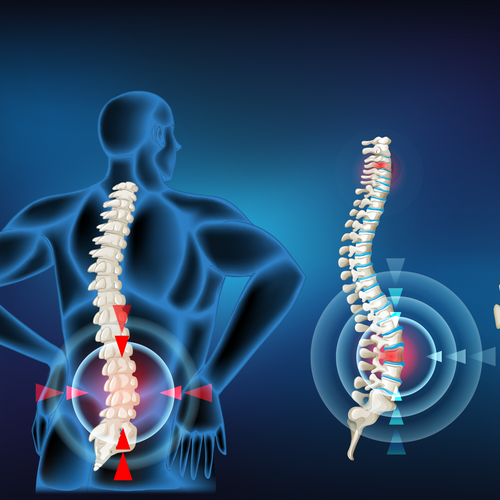Depression is a complex mental health condition that affects millions of individuals worldwide, impacting mood, energy levels, and overall well-being. While traditional treatments such as medication and therapy are commonly used, many people explore alternative and complementary therapies to complement their treatment regimen. Chiropractic care, known for its focus on spinal health and nervous system function, has emerged as a potential adjunctive therapy for managing depression. In this article, we delve into how chiropractic techniques may offer relief and support for individuals struggling with depression.
Understanding Depression
Depression is characterized by persistent feelings of sadness, hopelessness, and a loss of interest in activities that were once enjoyable. Other symptoms may include changes in appetite or weight, sleep disturbances, fatigue, and difficulty concentrating. Depression can significantly impact daily functioning and quality of life if left untreated.
How Chiropractic Care Addresses Depression
1. Nervous System Regulation:
Chiropractic adjustments aim to correct spinal misalignments, known as subluxations, which can interfere with the nervous system's ability to function optimally. By restoring proper spinal alignment, chiropractic care may help improve communication between the brain and body, which can positively influence mood and emotional well-being.
2. Stress Reduction:
Chiropractic adjustments can help reduce stress levels by activating the parasympathetic nervous system, which promotes relaxation and a sense of calm. By releasing tension in the muscles and promoting proper spinal alignment, chiropractic care may help alleviate physical manifestations of stress and contribute to a more balanced emotional state.
3. Lifestyle Counseling:
Chiropractors often provide guidance on lifestyle factors that can influence mood and mental health, such as nutrition, exercise, and stress management techniques. By addressing these factors and promoting healthy habits, chiropractic care supports overall well-being and may help individuals better cope with depression.
Evidence Supporting Chiropractic Care for Depression
While more research is needed to fully understand the mechanisms of chiropractic care for depression, several studies have shown promising results:
-
A study published in the Journal of Alternative and Complementary Medicine found that individuals receiving chiropractic care reported significant improvements in depression symptoms compared to a control group.1
-
Another study published in the Journal of Manipulative and Physiological Therapeutics reported that chiropractic adjustments were associated with improvements in mood and overall well-being in individuals with depression.2
Conclusion
Chiropractic care offers a holistic approach to managing depression, focusing on spinal health, nervous system function, and overall well-being. By addressing spinal misalignments, reducing stress, and promoting healthy lifestyle habits, chiropractors provide support for individuals seeking relief from depression symptoms.
Footnotes
-
Kelly, D. D., Murphy, B. A., Backhouse, D. P. (2000). Use of a mental health team to deliver chiropractic services to older adults in residential care: A randomized clinical trial. Journal of Alternative and Complementary Medicine, 6(5), 441-451.
-
Russell, D., Glucina, T. (2013). The effect of chiropractic treatment on students' self-reported mental stress: A pilot study using a subluxation-based chiropractic model. Journal of Manipulative and Physiological Therapeutics, 36(1), 30-35.









